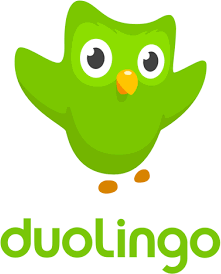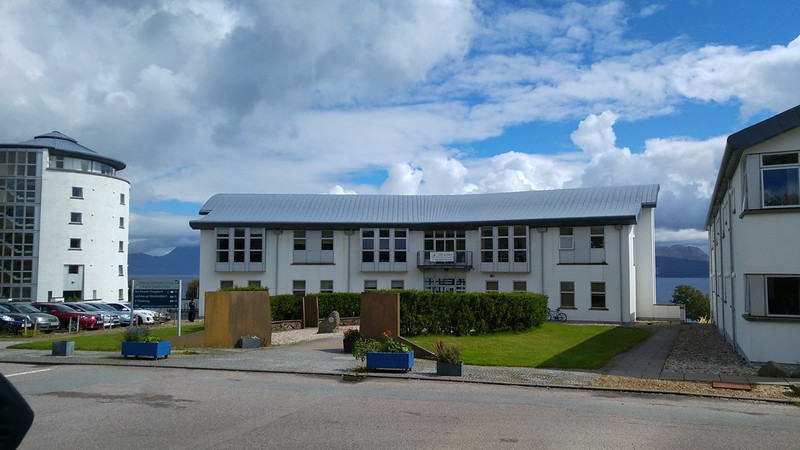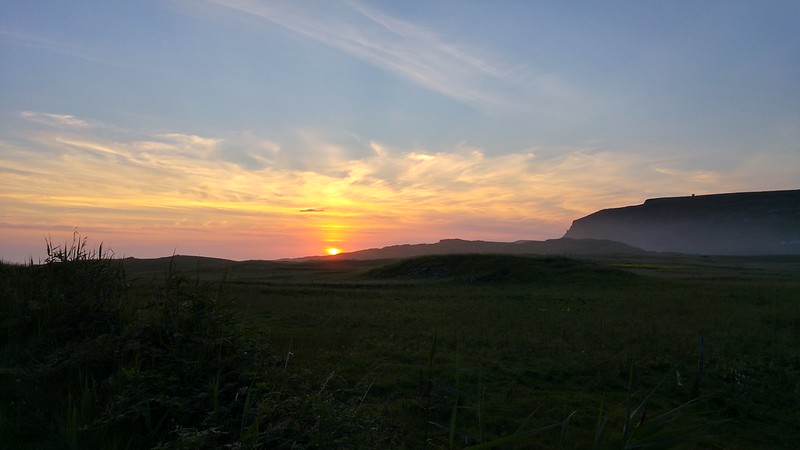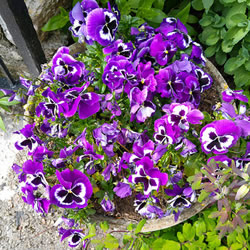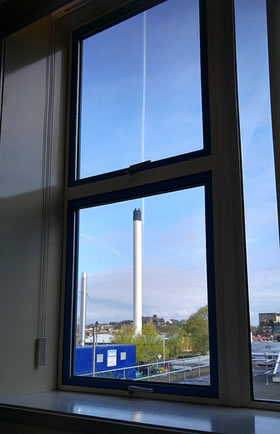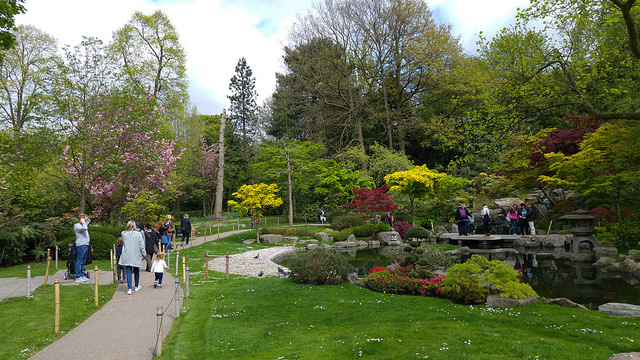I’ve been studying Russian, Swedish and Romanian with Duolingo for the past four months using the app on my phone. I knew you could also study online, but have only just discovered that the online version includes notes on grammar. These are very helpful, and I’ll be going through them all.
The notes don’t appear to be included in the app, as far as I can see, unless I’ve missed something. Sometimes it can be tricky to work out grammatical patterns from the examples. It will be easier now with the notes.
I’m doing an experiment to see how much of these languages I can learn just from Duolingo. I have learnt some Russian and Swedish from other courses, but so far Duolingo is the only course I’ve used for Romanian. If I continue studying every day, at my current rate of progress I should complete the courses in another year or so.
Have you learned any languages just from Duolingo?
